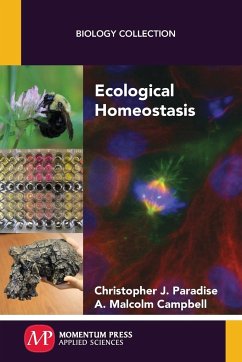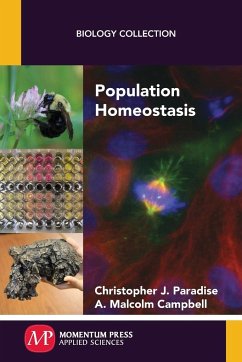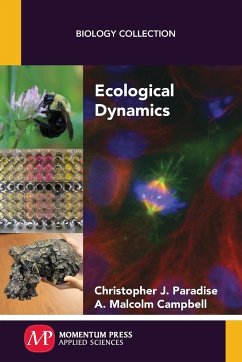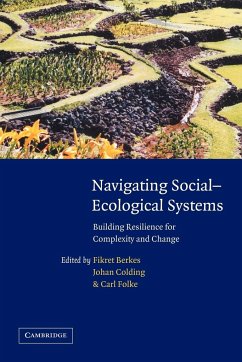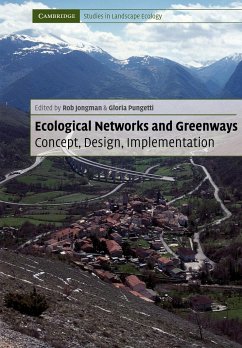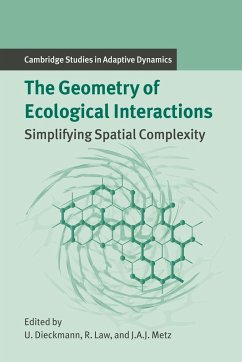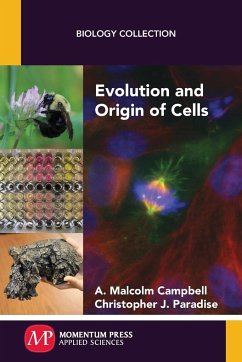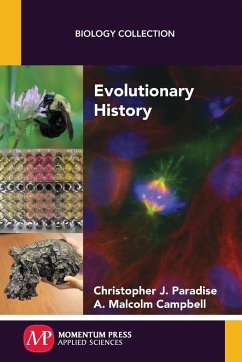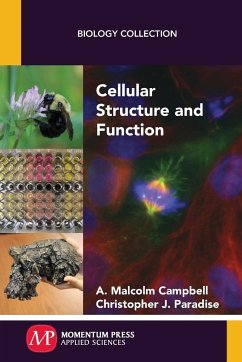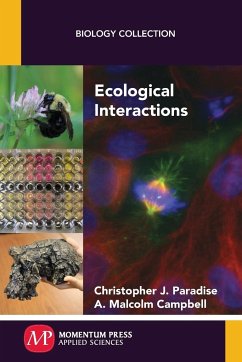
Ecological Homeostasis
Versandkostenfrei!
Versandfertig in 1-2 Wochen
56,99 €
inkl. MwSt.

PAYBACK Punkte
28 °P sammeln!
Food webs, energy flow, indirect effects, and nutrient cycling are described as properties that emerge in ecological systems. Several of these properties are shown in this book to result from indirect effects and interactions between species and abiotic components of ecological systems. For instance, top predators affect organisms with which they do not directly interact, including plants and non-prey animals. In some other interactions, including competition, the nonliving components of ecological systems (the abiota) can alter the outcome of a biotic interaction. A limiting resource often re...
Food webs, energy flow, indirect effects, and nutrient cycling are described as properties that emerge in ecological systems. Several of these properties are shown in this book to result from indirect effects and interactions between species and abiotic components of ecological systems. For instance, top predators affect organisms with which they do not directly interact, including plants and non-prey animals. In some other interactions, including competition, the nonliving components of ecological systems (the abiota) can alter the outcome of a biotic interaction. A limiting resource often results in competition, but varying environmental conditions allow for species coexistence. Finally, this book illustrates how energy flows in ecological systems, why it is rather inefficient, and how species interactions relate to homeostasis and emergent properties. In the course of that discussion, primary production, secondary production, and trophic levels are defined. Energy flow in ecological systems is tied to the carbon cycle.



